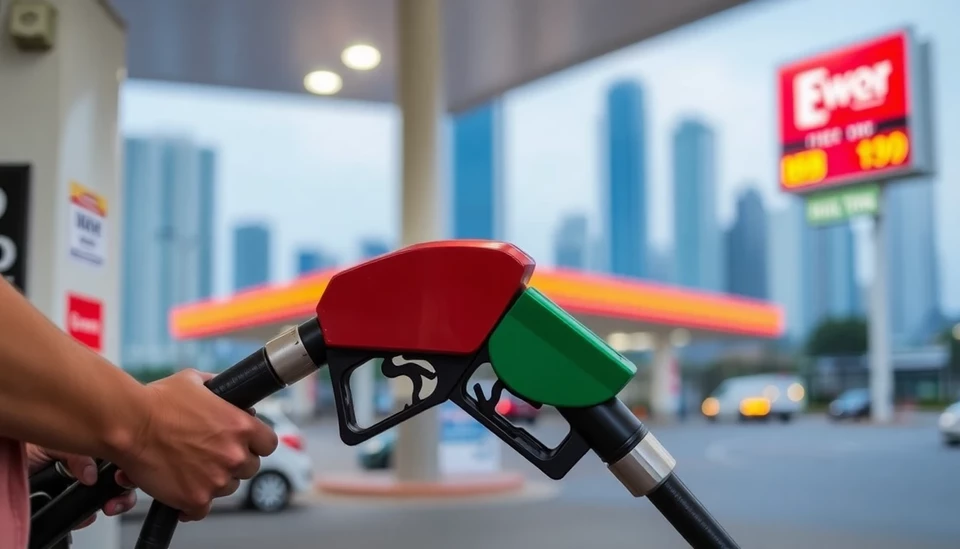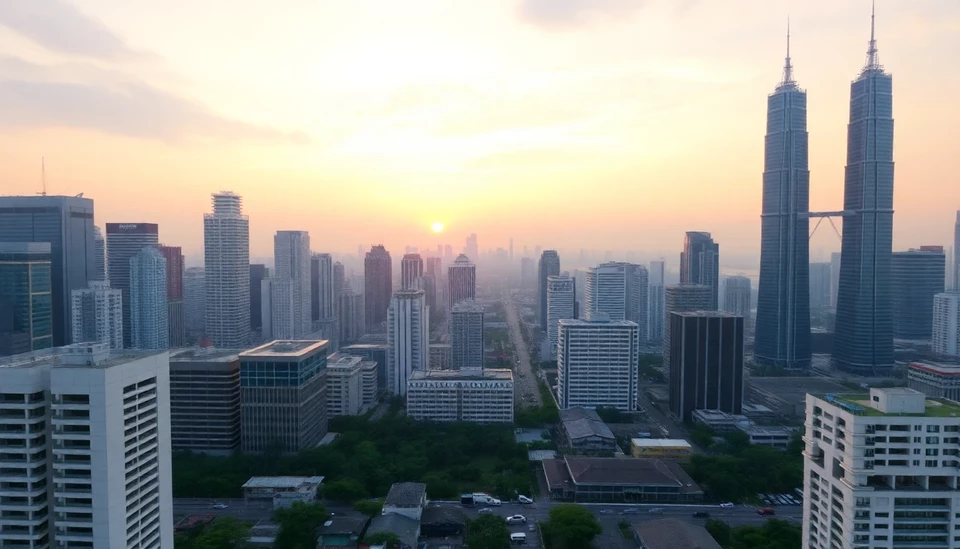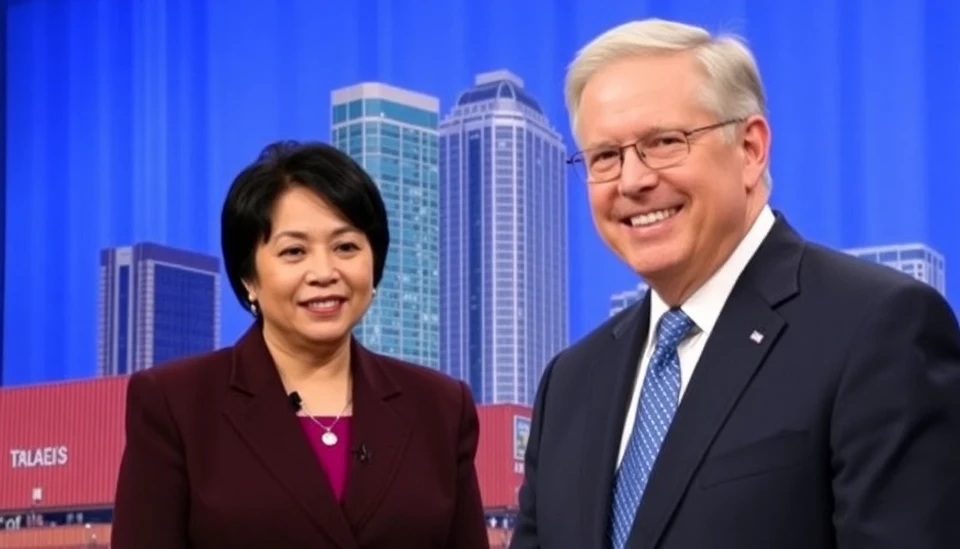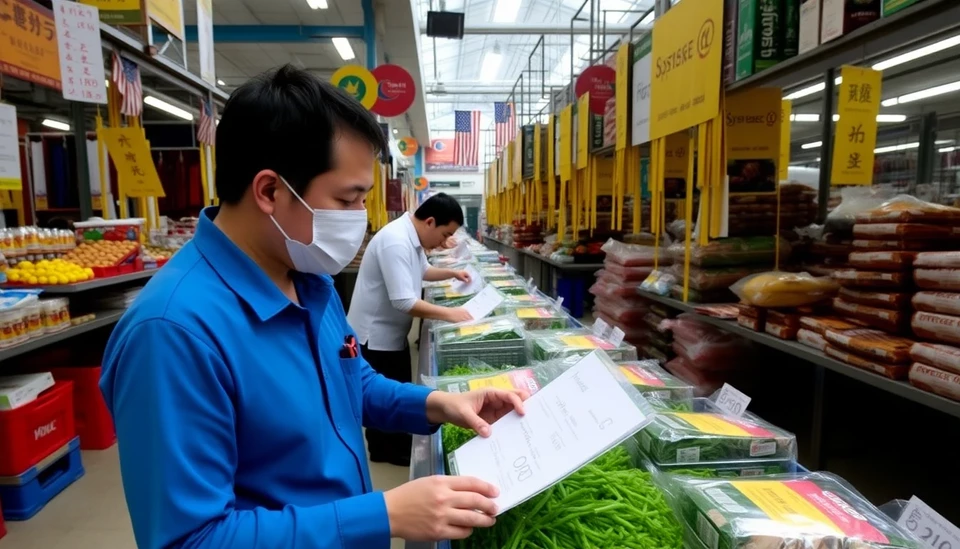
In a significant policy shift, the Malaysian government has announced plans to decrease petrol subsidies starting in the middle of 2025. This decision stems from ongoing efforts to manage the country's fiscal health amid fluctuating global oil prices and rising domestic expenditure.
Finance Minister Anwar Ibrahim revealed that the government is reassessing its subsidy framework in a bid to create a more sustainable economic environment. The move is expected to help redirect financial resources towards critical sectors such as education, health care, and infrastructure development.
Currently, Malaysia’s petrol prices are among the lowest in Southeast Asia, due largely to substantial government subsidies. However, as global oil prices continue to soar, maintaining these subsidies has become increasingly challenging. The government’s strategy revolves around gradually reducing these subsidies, which they hope will not only stabilize the national budget but also encourage more responsible consumption among citizens.
Anwar further elaborated that the scale and timetable of the subsidy reductions will be carefully managed to minimize public backlash and ensure that essential living costs remain manageable for lower-income households. The government is committed to transparency throughout this process, vowing to engage with the public on the upcoming changes.
The proposed adjustments to petrol subsidies have prompted a mixed response from Malaysians. While some understand the necessity of such measures for long-term economic stability, others worry that higher fuel prices could lead to increased costs for goods and services across the board, exacerbating the financial burden on families already struggling with the rising cost of living.
Furthermore, analysts suggest that the reduction in subsidies might have broader implications for the Malaysian economy. As consumers face higher fuel prices, disposable income could drop, potentially leading to a decrease in domestic spending and economic growth. To mitigate these effects, experts urge the government to improve public transportation and invest in alternative energy sources.
As Malaysia prepares for these changes, it will be crucial for the government to monitor public sentiment closely and be prepared to adjust their approach based on feedback from the affected populations.
This announcement comes at a pivotal moment for Malaysia, as it seeks to balance economic growth with social responsibility. The government's ability to navigate this transition could set the tone for future reforms and policies aimed at economic resilience.
As Malaysia looks to sharpen its focus on fiscal responsibility, the journey ahead will undoubtedly test both the government’s commitment to reform and the public's adaptability to change.
As this story develops, further details are expected to emerge regarding how these subsidy cuts will be implemented and what additional measures the government will undertake to support citizens during this transition.
For those interested in following this evolving situation, staying tuned for upcoming announcements from the Ministry of Finance will be key.
#Malaysia #PetrolSubsidies #EconomicReform #FuelPricing #CostOfLiving #FinanceMinisterAnwarIbrahim
Author: Rachel Greene




